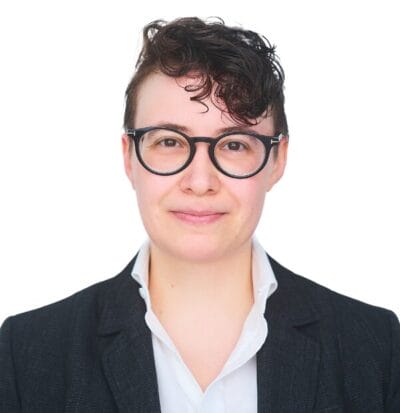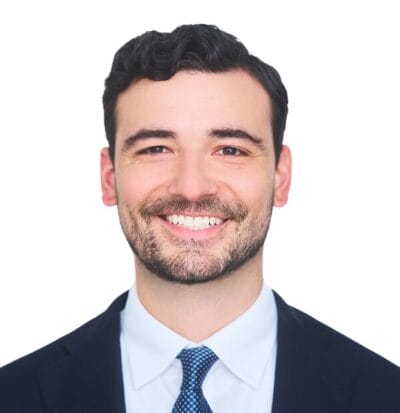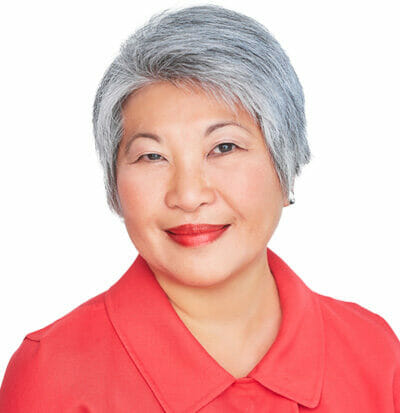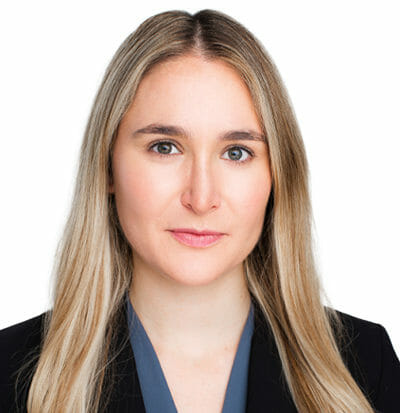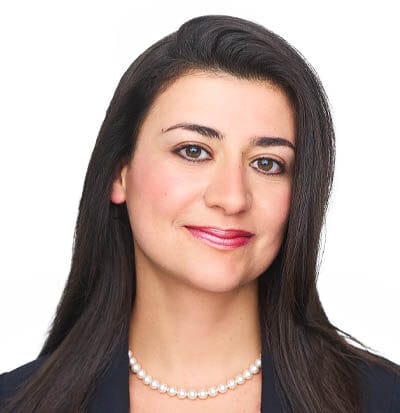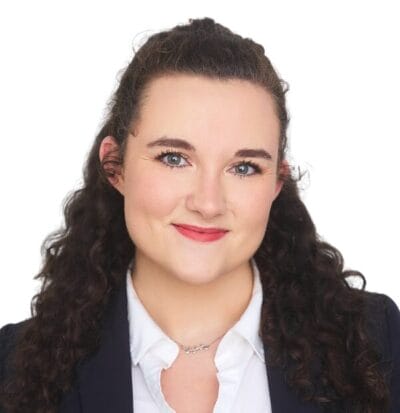On April 17, 2018, the National Assembly of Korea amended the Unfair Competition Prevention and Trade Secret Protection Act (“UCPTA”) to allow for the protection of trade dress and ideas, and revised the Trademark Act (“TMA”) to broaden the scope of who may file applications for registration of collective marks with geographical indications.
A. UCPTA
Prior to the UCPTA amendments, which took effect on July 18, 2018, unfair competition was defined, in relevant part, as “causing confusion with another person’s commercial facilities or activities by using marks identical or similar to another person’s name, trade name, or emblem, or any other mark indicating another person’s business, which is widely known in the Republic of Korea” or “doing damage to the distinctiveness or reputation attached to another person’s mark by using marks identical or similar to another person’s name, trade name, trademark, or container or package of goods, or any other mark indicating another person’s goods or business, which is widely known in the Republic of Korea.”
The amended UCPTA replaces the bolded language above, in both instances, with “any other mark indicating another person’s business (including the sales of goods or the provision of services including business signage, visual makeup, and interior design including the overall outlook of the place at which businesses are conducted).” This new language explicitly provides protection for “trade dress” under the unfair competition statute.
The amended UCPTA also introduces an entirely new and additional definition of “unfair competition” as follows:
An act of unjustly using ideas of economic value or ideas that constitute someone else’s technical or commercial information during business operations or process or transaction of commercial offers, bidding, public offering, etc. in contravention of the purpose for which such ideas are distributed for financial gains or an act of distributing such ideas to someone else for unjust purposes.
Exceptions are made for ideas already well known by the time they are provided, and for ideas well known in the industry. Previously, “ideas” standing alone were protected only under contractual agreements. The purpose of this amendment is to allow for injunctive relief and/or the assessment of compensatory damages against someone who takes advantage of ideas created and developed by someone else. This change also took effect as of July 18, 2018.
B. TMA
The revised TMA, which will take effect as of October 18, 2018, expands the scope of eligible applicants for geographical indications (GIs), such as wine names, to include those who sell and trade the goods as well as producers, manufacturers, and processors of those goods. The prior law recognized only the producers, manufacturers, and processors of the concerned goods as eligible applicants of marks constituting GIs.














